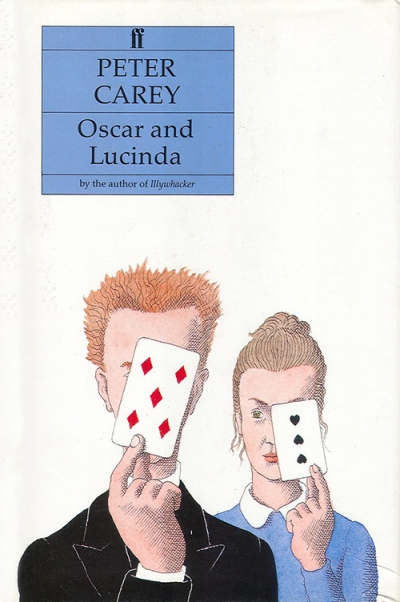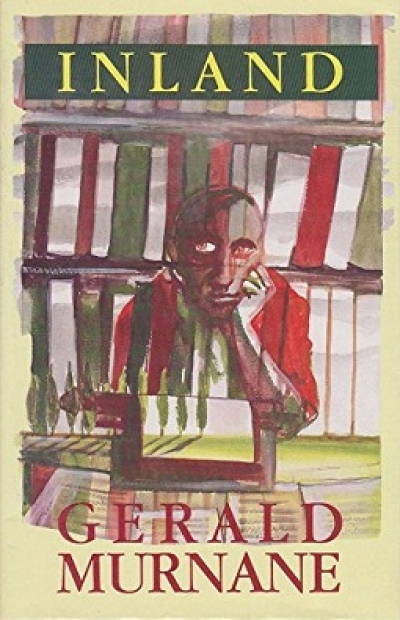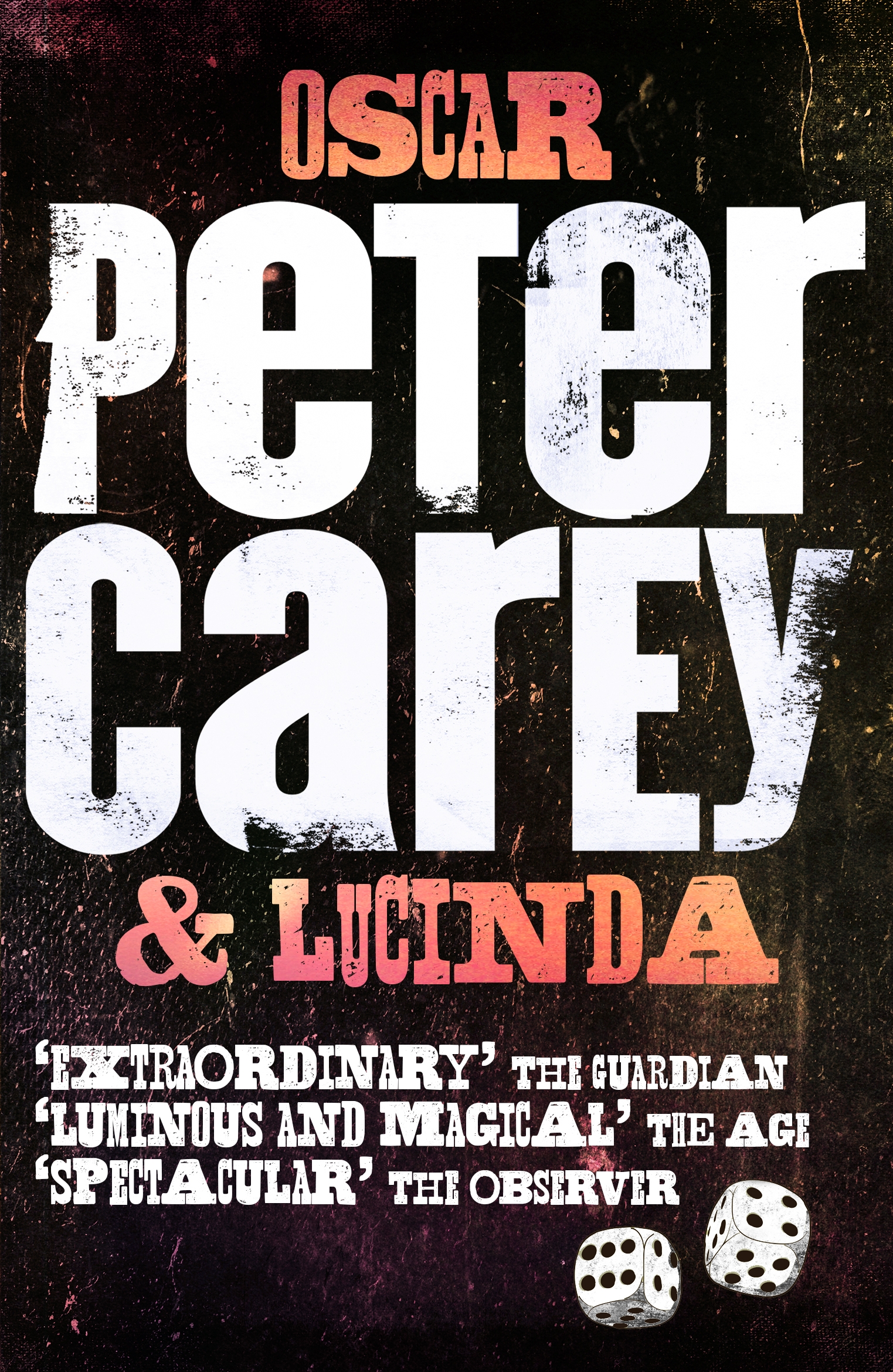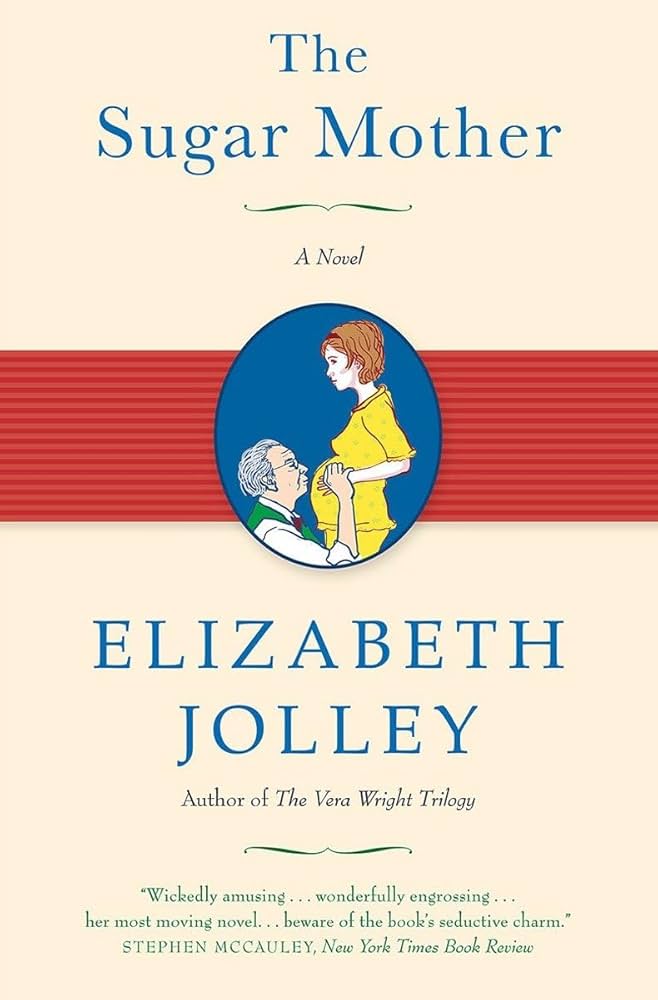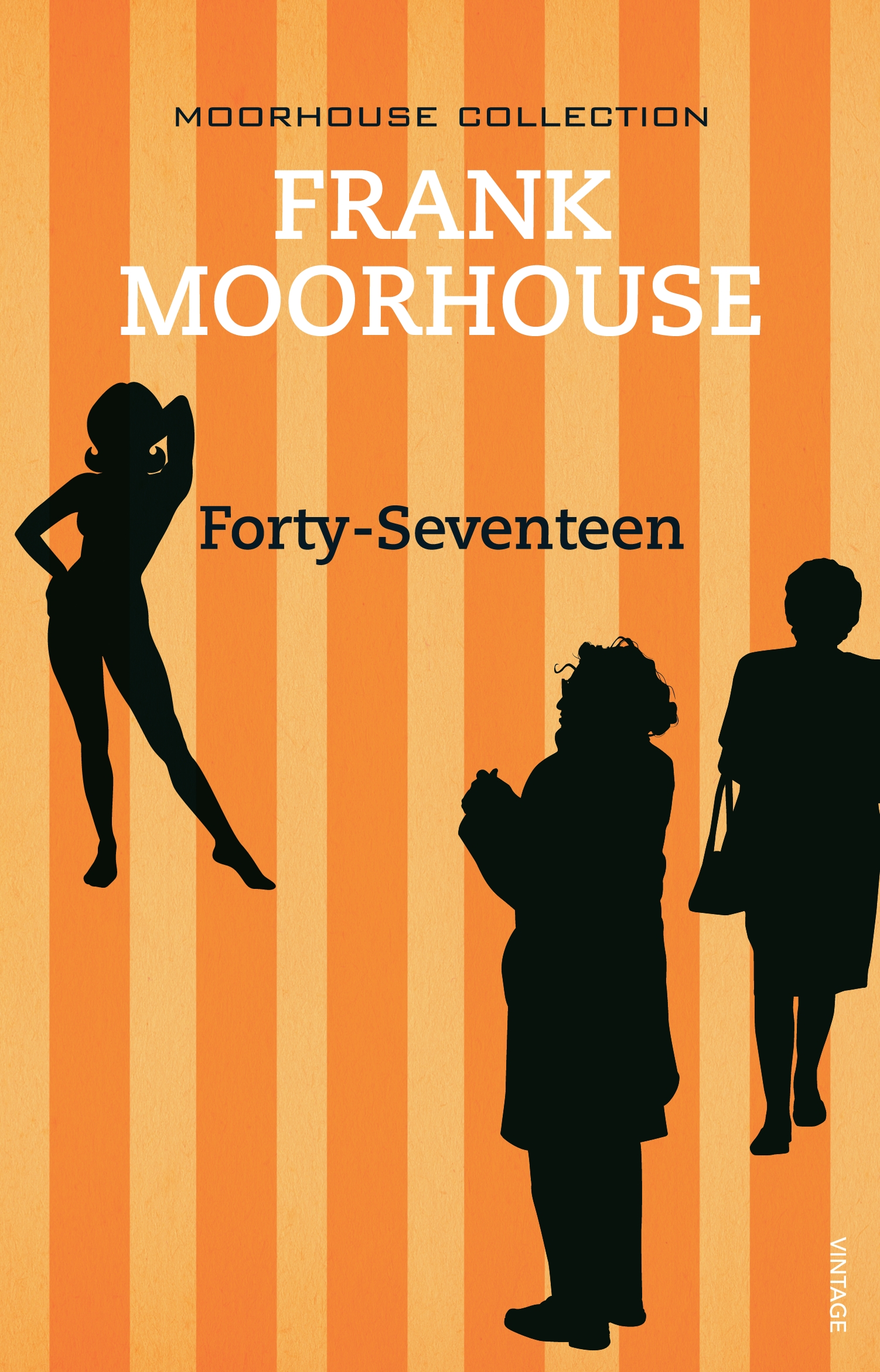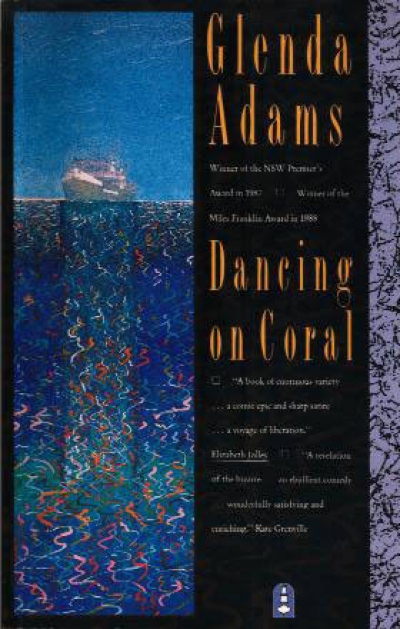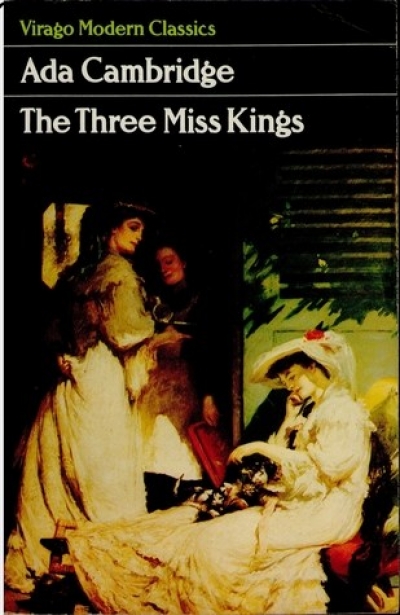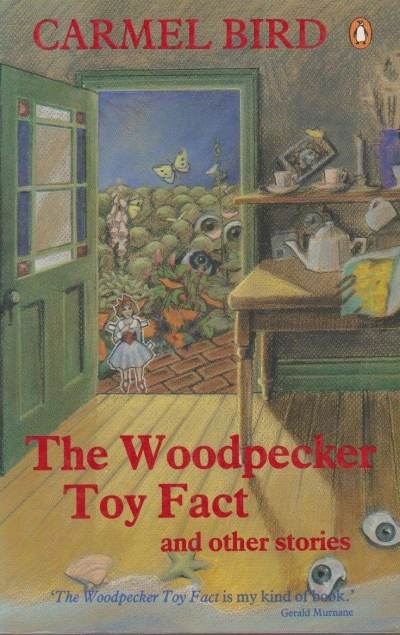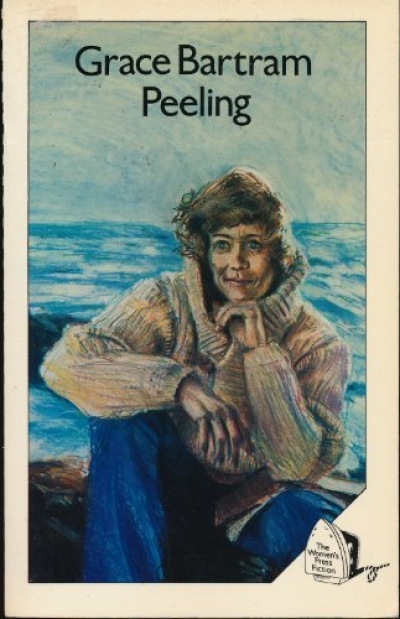Fiction
From short stories Peter Carey has proceeded to long novels. This is his third. It is dense with incident and meticulously delineated characters who drop in and out of the narrative, always with a purpose. In some ways it is as surreal as Bliss, in others as naturalistic as Illywacker ...
... (read more)Some of the narrators of Gerald Murnane’s novels and stories tend to view oceans and coastlines with the fear and loathing of flat earth believers. Just the whiff of the sea breeze is enough to spoil the day for them, the grit and the glare of sun-touched sand distresses them and they speak with contempt of the ‘idiot noise’ of the sea and of those who swim and play in the waves and on the beaches. Seaside holidays, they imply, are for frivolous people stupidly turning a blind eye to the ocean’s treachery – its dark moods, its black holes, and its sinister capacity to gnaw at and dissolve something as solid as rock.
... (read more)David Ireland has been writing for us nigh on twenty years now and this, his ninth novel, more than slightly autobiographical one suspects, allows a perspective on his corpus in all the ambiguity of the term.
... (read more)From short stories Peter Carey has proceeded to long novels. This is his third. It is dense with incident and meticulously delineated characters who drop in and out of the narrative, always with a purpose. In some ways it is as surreal as Bliss, in others as naturalistic as Illywacker. But it is like neither of these novels. It cannot be said to be ‘better’ than either, if this mode of comparison can be used legitimately in a literary sense.
... (read more)Elizabeth Jolley strikes dread into her Australian reader in 1988 as she makes due acknowledgement of the auspices under which Sugar Mother was written:
... (read more)Australians are said to be an unreflective artless lot, not given to intensive self-examination in the personal or political sense, living lives of stoical self-denial or frank hedonism. This national ideology of course assumes that ‘Australian’ is synonymous with ‘male’, and our literary ‘tradition’, whose quintessential form is the short realist narrative, carries that ideology.
... (read more)A mixture of courage and an innocent hopefulness seem to be the necessary ingredients for finding rewards and compensations during the painful searching after self-knowledge. Lark Watter, the student daughter of Henry and Mrs Watter, embarks, as so many do, on the voyage of self-discovery.
... (read more)The Three Miss Kings by Ada Cambridge & The Invaluable Mystery by Leshia Harford
These two very different novels by women provide a wealth of suggestive information about the women’s history being reclaimed and re-established by Australian feminists. They also happen to be intrinsically good novels, accomplished and charming in contrasting ways. Add Cambridge’s The Three Miss Kings, reprinted in the Virago Modem Classics series, was first serialised in 1883 in The Australasian, published in novel form in 1891, and soon became one of Cambridge’s most popular novels. It draws upon the familiar form of the romance, but it also, in its translation into an Australian setting, illuminates an idiosyncratic colonial grafting onto that form.
... (read more)The Woodpecker Toy Fact and Other Stories by Carmel Bird
About a year ago, when The Woodpecker Toy Fact and Other Stories was just a gleam in its author’s eye, I chanced to hear this very fancifully dressed woman read a story about childhood perception, semantic confusion, and small-town gossip. It was one of those welcome breaks at an academic conference, when we turned our attention from the analysis of art to the thing itself. And it was perhaps the context, along with the exceptional performance of the reader, which made this particular story stand out so vividly. For while it satisfied, they (by then quite desperate) desire to be enthralled by something fictive, it also played up cleverly to the critic in us all.
... (read more)Ally is fifty-four when her husband leaves her. Her best friend and her daughter – neither of whom she has ever really talked to before – are each thousands of miles away. She descends rapidly into an undignified breakdown. Retreating from everyone and everything, she grows increasingly fat and fearful. Ally has never been terribly confident in her own identity (‘People tend to look past her, rather than at her. Shop assistants tend to give her bored glazed looks and a sharp “What?”’) and now, unloved and unneeded, she is threatened with disintegration. The woman in the mirror is a stranger, she imagines herself as a white grub that she can make vanish by closing her eyes.
... (read more)

